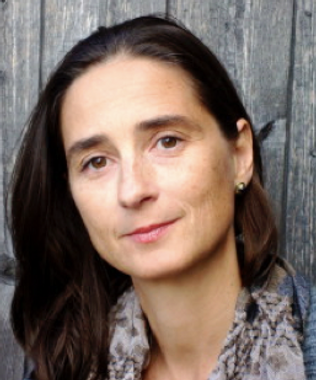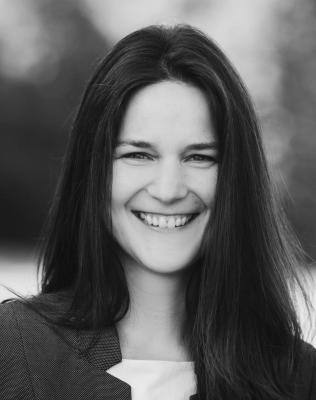Your Hosts



Where & When
Please note: registration is ending Nov 27th
After registration you will receive a zoom link and the course material.
A Process Model (APM) can turn into an experience, a journey of changing perspectives and thinking-patterns. This course will offer a possible route into the complex text that allows to experientially understand what the concepts convey. In this workshop we will focus on chapter 8.
This way of reading and exercising oneself through A Process Modell does several things at the same time: it deepens our understanding for Gendlin’s process-philosophy. It grants us new words to bring Focusing into the world. It opens up new possibilities for our Focusing- and Thinking-at-the-Edge-practice (TAE). And it conveys surprising perspectives into the intricacy of our own feeling-, thinking-, languaging-capacities. And finally, our joint process helps us to sense how this text speaks into the manyfold crises we are facing today.
In addition to reading the text, exchanging thoughts and dwelling with questions, each session will include experiential exercises in dyads or small groups, to feel and “have" what is explicated in the text. This way, the model will become a kind of sense-making lense into our own intricate being and knowing.
NEW: Each session will include a time dedicated to integrate the concepts/approaches of APM with your own interest, your own expertise, practice or disciplinary field. Therefore, in each session, we offer Focusing in order to integrate what is meaningful or challenging in your engagement with APM. Furthermore, Thinking-at-the-Edge kind of moves will let you formulate the relevance of APM in your own terms, and perhaps cross APM concepts with concepts of your field. For these sessions you will work in regular partnerships.
While reading and experiencing together, the group becomes a joint-thinking-body. Each one’s understanding helps the other one, each shared experience crosses with someone else’s. This kind of reading has by now become an elaborated practice in itself. The most direct way of understanding Gendlin’s embodied and interactive approach to meaning is via our living and interacting bodies.
We experience ever so often how this strangely dry philosophical book on interaction begins to flourish when it is read in such close experiential interaction!
Your hosts
Donata Schoeller is a professor of philosophy in Germany and Iceland. Together with Christiane Geiser she has translated A Process Model into German. She is principal investigator of the international research project Embodied Critical Thinking (ect.hi.is) and Academic Director of TECT (trainingect.com). Among her recent publications are Close Talking: Erleben zu Sprache bringen, Saying What We Mean, ed. with Ed Casey, and Thinking Thinking, ed. with Vera Saller. Her PhD on Meister Eckhart and Jakob Boehme was published in 2nd edition in 2009. She is a Focusing trainer and teaches Thinking-at-the-Edge at institutes, academies and universities in Europe, the US and Israel. She has three grown up daughters. donataschoeller.com
Monika Lindner assists in the workshop and organizes the registrations. She is an educational scientist, Experiential-Concept-Coach/Trainer (ECT), Focusing Trainer and Coordinator in Training (CiT) teaching Focusing and Thinking-at-the-Edge (TAE). As a doctoral student she is a member of the international research group "Embodied Critical Thinking" (ect.hi.is) at the University of Iceland. monicalindner.com
Kontakt
Registration: [email protected] (please use „APM part 03“ as a subject)
Certification: Recognized for Focusing Trainer Training
Recording: Sessions will be recorded for participants only
Note: A new workshop focusing the first & second part is likely to follow!
Registration Information and Price
Sponsor: 200 US$ or more (the sponsors help us to open for students and others needing sponsoring), Regular: 180 US$, Sponsored (students): 50 US$ --- each plus transfer fee via PayPal
Participants: 20 max.
